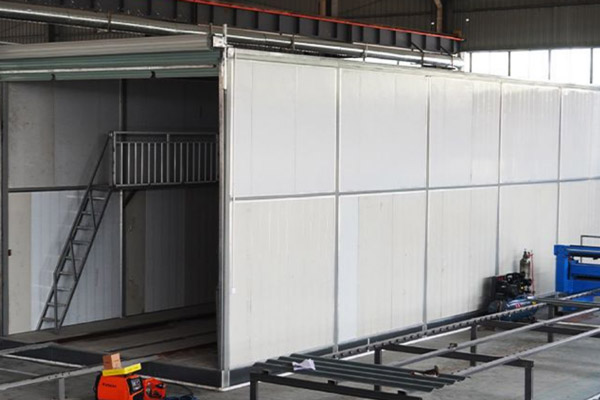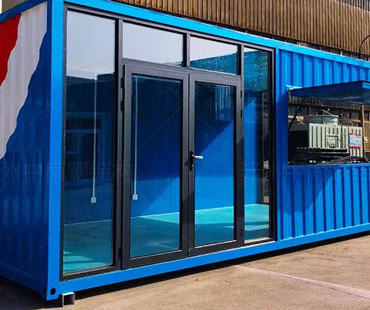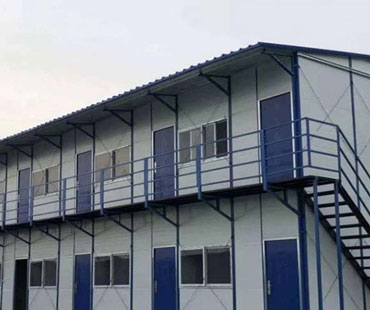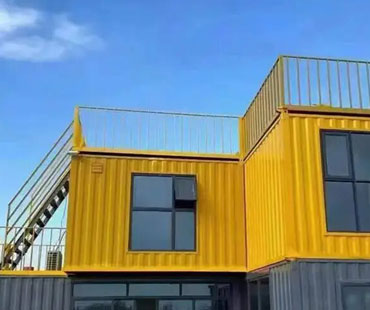In the ever-evolving landscape of global trade and logistics, the advent of Internet of Things (IoT) technology has revolutionized cargo tracking and management. Smart containers equipped with IoT devices are increasingly becoming a game changer in the shipping industry, providing unprecedented levels of visibility, efficiency, and security.
1. Real-Time Tracking and Visibility
One of the most significant benefits of smart container technology is the ability to track cargo in real time. Traditionally, cargo tracking involved manual processes and often led to delays and inaccuracies. With IoT-enabled containers, shipping companies can monitor the location and status of their cargo at any moment. GPS and cellular networks allow for instant updates on the container’s location, ensuring that stakeholders have access to real-time information. This transparency helps companies optimize their supply chain operations and make informed decisions.
2. Enhanced Security
Security is a major concern in the shipping industry, with cargo theft and tampering being prevalent issues. Smart containers come equipped with advanced security features such as GPS tracking, motion sensors, and tamper alerts. These devices can notify operators immediately if a container is opened unexpectedly or moved without authorization. Additionally, some smart containers utilize blockchain technology to create an immutable record of transactions and movements, further enhancing security and trust in the supply chain.
3. Condition Monitoring
In addition to location tracking, smart containers can monitor the condition of the cargo they carry. Sensors within these containers can measure temperature, humidity, and shock levels, which is particularly important for perishable goods and sensitive materials. By continuously monitoring these conditions, companies can ensure that their products arrive in optimal condition. If any parameters fall outside the acceptable range, alerts can be sent to logistics managers, enabling them to take action before significant damage occurs.

4. Predictive Analytics
The integration of IoT technology into cargo tracking allows for the collection of vast amounts of data. This data can be analyzed to derive insights and trends that inform future shipping strategies. Predictive analytics can help companies anticipate potential delays, optimize routes, and manage inventory levels more effectively. By leveraging this data, logistics providers can improve their operational efficiency and reduce costs, ultimately leading to a more responsive and competitive business model.
5. Streamlined Processes and Automation
Smart containers facilitate the automation of various logistics processes, further enhancing efficiency. With the ability to track cargo remotely and monitor conditions, many manual tasks associated with shipping can be minimized or eliminated. For instance, shipping documentation can be automated, reducing paperwork and administrative burdens. Furthermore, IoT technology can help streamline customs procedures, allowing for faster clearance and reduced dwell times at ports.
6. Improved Customer Experience
The transformation brought about by smart container technology extends to the end customer as well. With real-time tracking capabilities, customers can receive updates on their shipments, improving transparency and trust. This level of visibility allows businesses to provide more accurate delivery estimates and enhance overall customer satisfaction. Additionally, the ability to monitor cargo conditions ensures that customers receive their products in the expected quality, further solidifying their trust in the service provider.
The implementation of smart container IoT technology is reshaping the cargo tracking and management landscape. By providing real-time visibility, enhancing security, enabling condition monitoring, and facilitating predictive analytics, smart containers are driving efficiencies across the supply chain. As the shipping industry continues to embrace digital transformation, the adoption of these technologies will only increase, leading to a more efficient, secure, and customer-centric logistics environment. The future of cargo management is undoubtedly smart, and the possibilities are limited only by our imagination.


